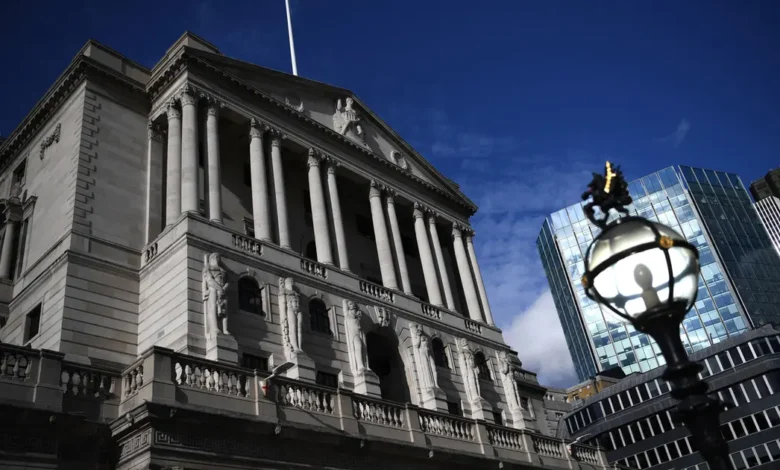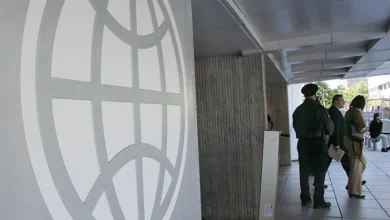British economy stalls in third quarter: Data

Britain’s economy stagnated in the third quarter, official data showed Friday after modest expansion in the previous three months, weighed down by elevated inflation and interest-rate hikes.
Gross domestic product showed no growth in the July-September period, the Office for National Statistics (ONS) said in a statement.
That beat market expectations for a contraction of 0.2 percent, but followed 0.2-percent expansion in the second quarter.
“The economy is estimated to have shown no growth in the third quarter,” said ONS economic statistics director Darren Morgan.
“Services dropped a little with falls in health, management consultancy and commercial property rentals. These were partially offset by growth in engineering, car sales and machinery leasing.”
There were also some growth in manufacturing, led by cars and metal products while construction also expanded.
Activity grew by 0.2 percent in September after downwardly-revised expansion of 0.1 percent in August and zero growth in July.
In reaction to the data, finance minister Jeremy Hunt warned that “high inflation is the single greatest barrier to economic growth”.
Hunt added that his upcoming budget statement, due on November 22, will “focus on how we get the economy growing healthily again”.
Output has been slammed by elevated inflation, which has sparked a cost-of-living crisis, and the Bank of England’s aggressive interest-rate hikes.
“UK economy woes continue as activity slows further,” noted KPMG economist Yael Selfin.
“Economic activity is continuing to slow as high interest rates are weighing on consumer sentiment and disposable incomes.
“While real incomes have started to grow as inflation eases, this is being offset by higher mortgage rates feeding through into housing costs.”
The BoE has ramped up its key interest rate to the current 15-year high of 5.25 percent, as the central bank attempts to dampen high inflation.
Rate hikes, however, have worsened the cost-of-living squeeze because retail lenders follow suit by hiking the cost of repayments on mortgages and other loans.










